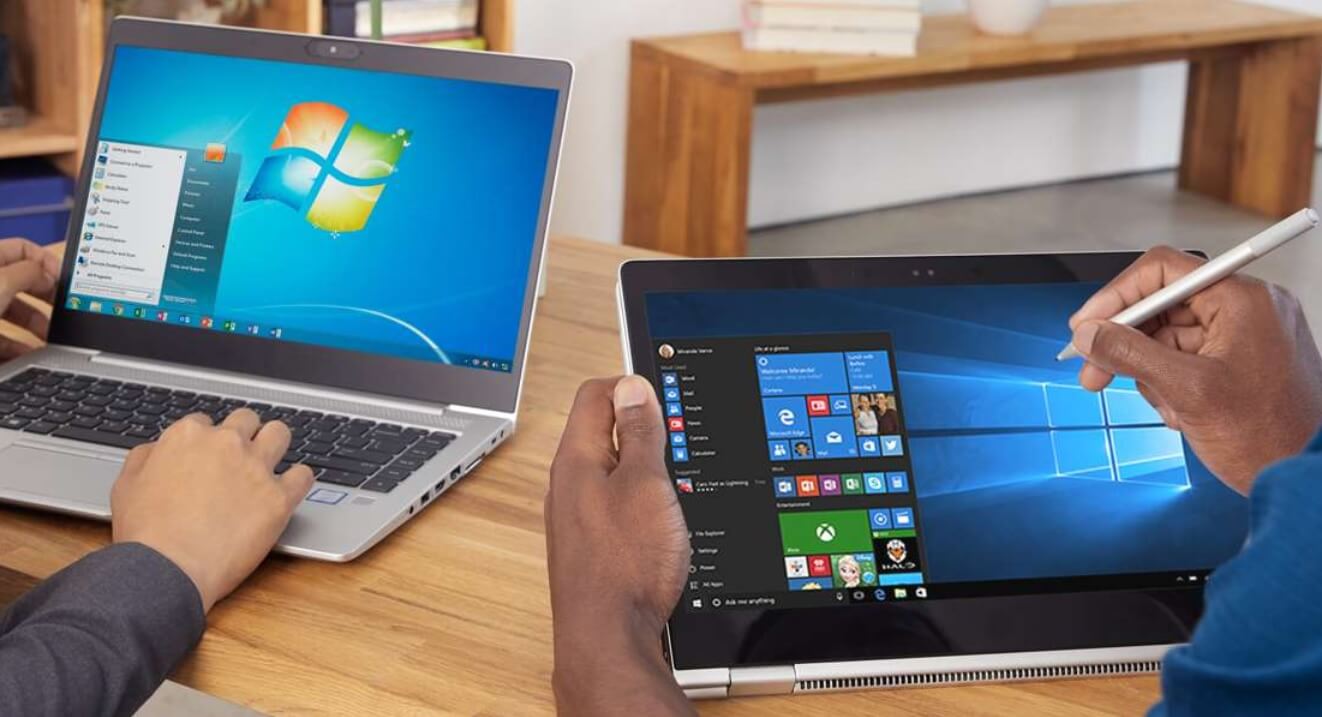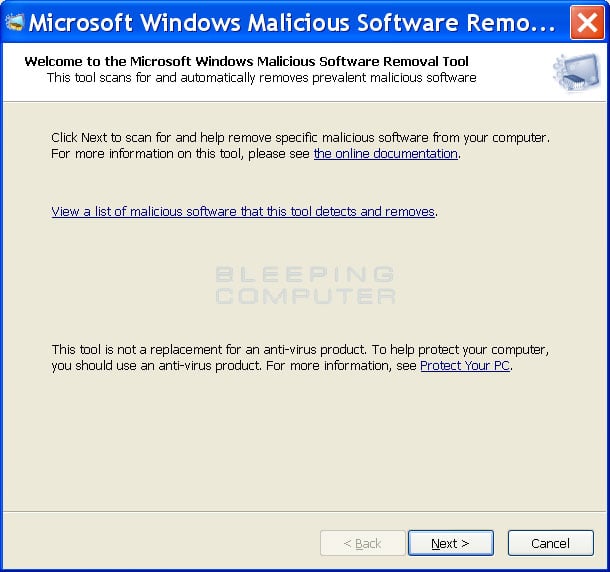
In the end, said Huger, there just isn't a "compelling reason" for hackers to bother with 64-bit, but there's nothing inherently more secure about a 64-bit operating system. It's easy for attackers to have their bootstrapper check whether the OS is 64-bit, then grab 64-bit malware to download onto the PC." "Most malware gets on your system because you put it there, and one of the things most attacks do is download a bootstrapper that then downloads other malware. It's almost always eight or ten or a dozen," he said. "We almost never see just one on a machine. It's relatively simple for criminals to customize their attacks against 64-bit systems, Huger maintained. But right now, is just not as opportune a target as 32-bit."

There's 64-bit malware out there, just like there's Mac OS malware out there. The reason they're not is that there's still not a lot of 64-bit deployment. "They can run their code in compatibility mode, or they can compile it for 64-bit. "There's a lot of 64-bit malware," said Huger. That's not necessarily true, said Alfred Huger, formerly with Symantec and currently vice president of engineering at security start-up Immunet. Windows 64-bit is safer to run, he argued, in large part because malware, which is written for the much more widely used 32-bit versions of Windows, is "confused by 64-bit." "Most PCs shipping with Windows 7 come with the 64-bit versions of Windows," he observed. Faulhaber noted that Windows 7 64-bit is the dominant flavor of that new OS as he touted its security.


Windows 7, which was not included in the data for the first half of this year because it had not been released in final form, also is available in both 32- and 64-bit editions.

According to Microsoft's data, the 64-bit version of Windows XP was 48% less likely to be infected than the 32-bit edition during the first half of 2009 PCs running Vista 64-bit, meanwhile, were 35% less likely to be infected than Vista 32-bit. Faulhaber cited statistics gleaned from Microsoft's Malicious Software Removal Tool (MSRC), a free malware detection and deletion utility the company updates and pushes to users monthly.


 0 kommentar(er)
0 kommentar(er)
